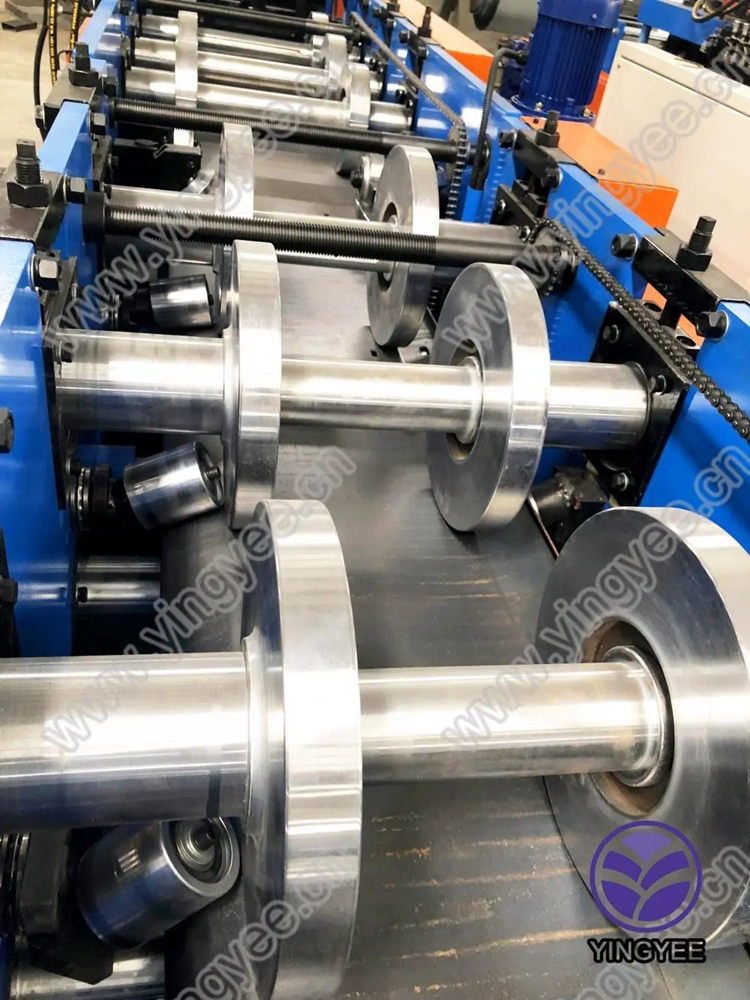
Portable Rollforming vs. Factory Panel Supplier A Comparative Analysis
In the world of modern construction and manufacturing, choosing the right method for producing metal panels is crucial. Two popular options are portable rollforming and factory panel suppliers. Both approaches have their distinct advantages and potential drawbacks, making it essential for businesses and contractors to understand their differences before making a decision.
Portable rollforming involves using mobile machinery to create metal panels on-site. This technique allows for flexibility, as panels can be customized to meet specific project requirements and dimensions. One of the most significant advantages of portable rollforming is the reduction in transportation costs and logistics. By fabricating materials where they will be used, companies can minimize waste and ensure that materials fit perfectly within the project's parameters.
Additionally, portable rollforming offers speed and efficiency. With the machinery directly on-site, production is faster, and there is less downtime waiting for materials to be delivered. This aspect can be a game-changer for projects with tight deadlines, allowing contractors to move forward with construction without unnecessary delays.

On the other hand, factory panel suppliers provide a different set of advantages. These suppliers usually have established processes and industrial-scale machinery capable of producing high volumes of panels quickly. This method can often result in lower costs per panel for larger projects. Factory-produced panels are also subjected to rigorous quality control, ensuring that each product meets industry standards for durability and performance.
Another consideration is the consistency in quality. Factory panel suppliers often have stringent quality assurance processes in place, leading to uniformity across panels. This consistency can be vital for large-scale projects where panels need to fit together seamlessly.
However, there are trade-offs. When relying on factory suppliers, companies may face challenges related to lead times and logistical complexities. Schedules can become disrupted due to delivery delays or unforeseen issues in transportation, impacting project timelines.
In conclusion, the choice between portable rollforming and factory panel suppliers boils down to specific project needs and circumstances. For projects requiring customization, quicker response times, and reduced transport costs, portable rollforming may be the ideal solution. Conversely, for large-scale projects demanding uniformity, high volume, and potentially lower unit costs, factory panel suppliers could be more advantageous. Ultimately, the decision should align with the project goals, timeline, and budget, ensuring that the chosen method contributes positively to the overall success of the construction endeavor.